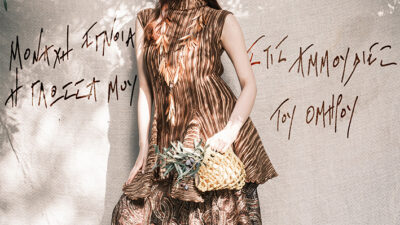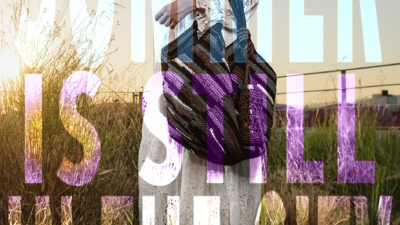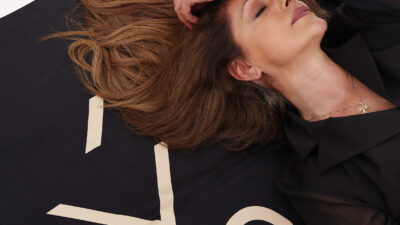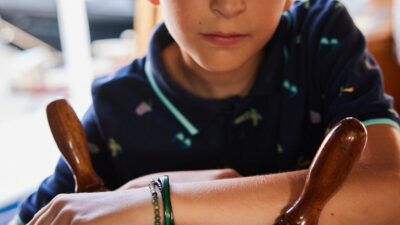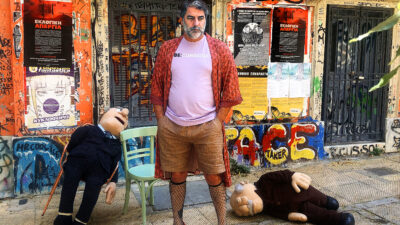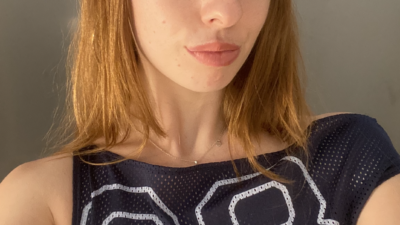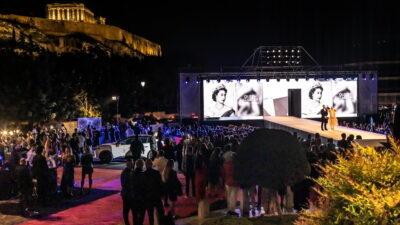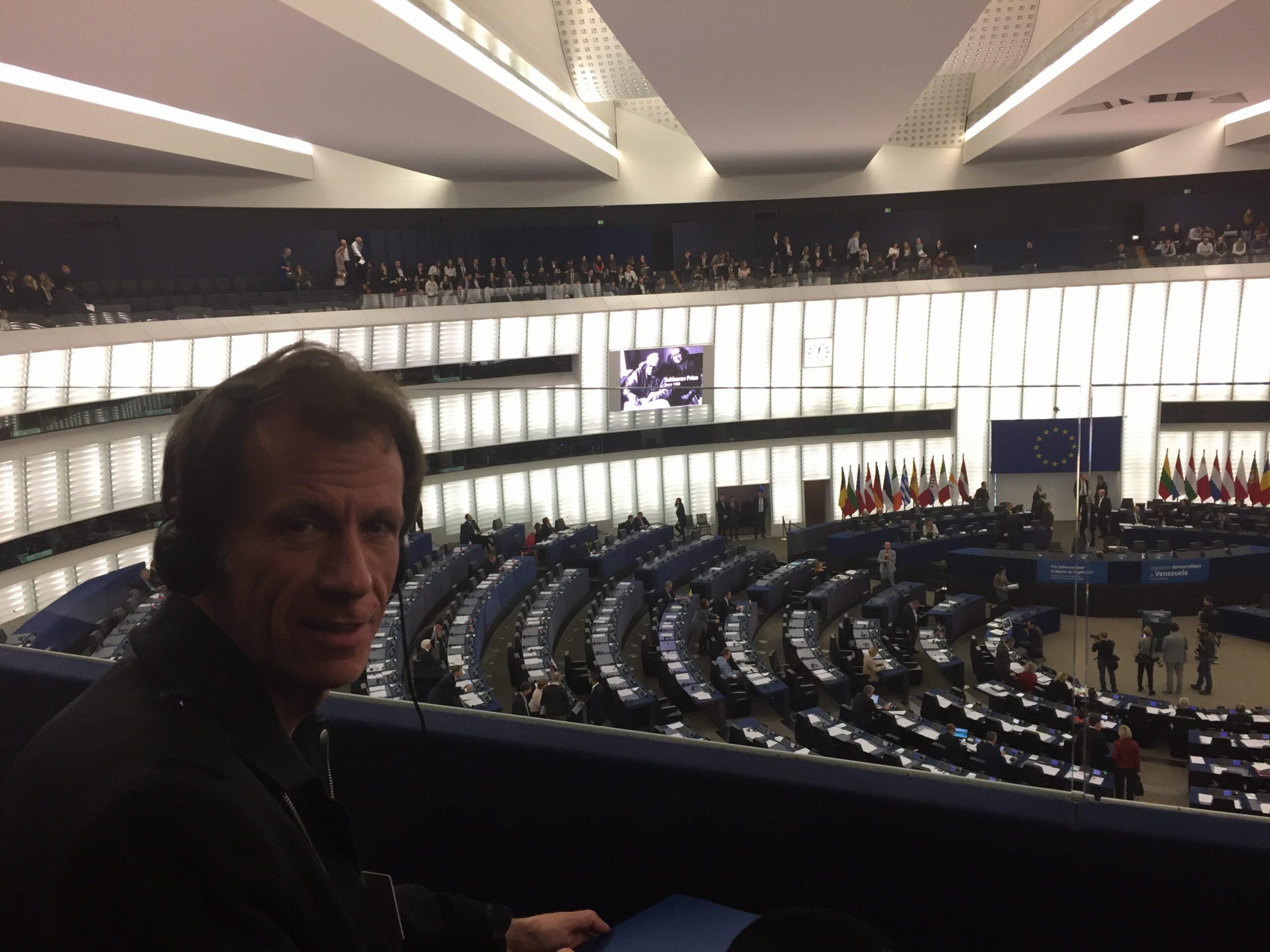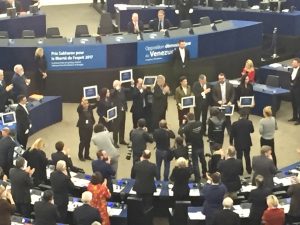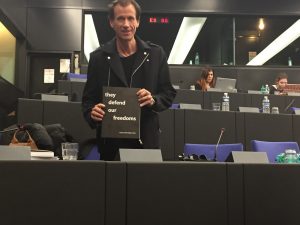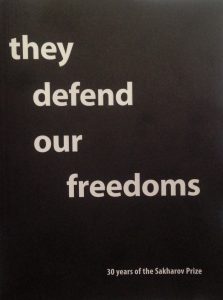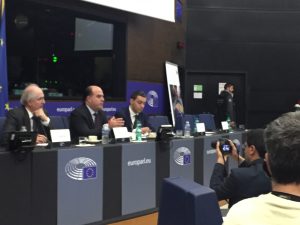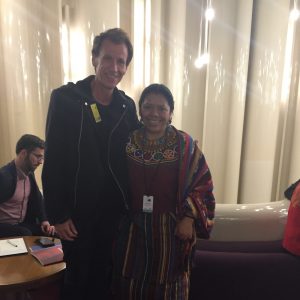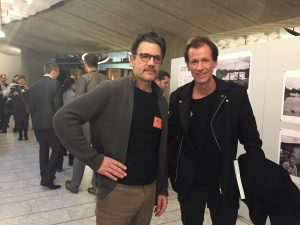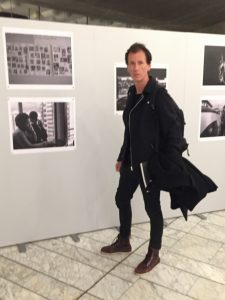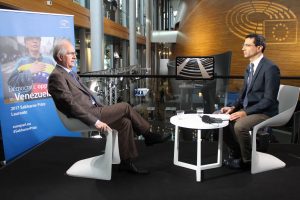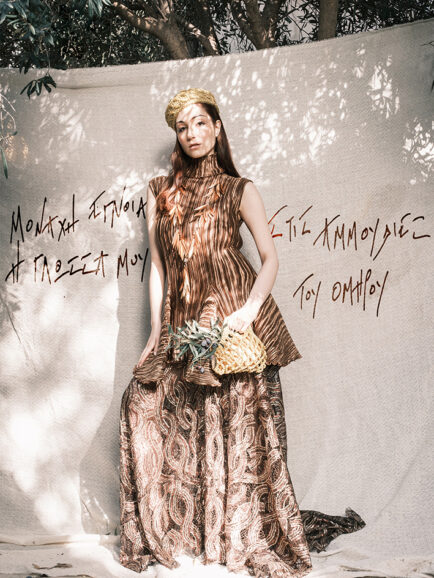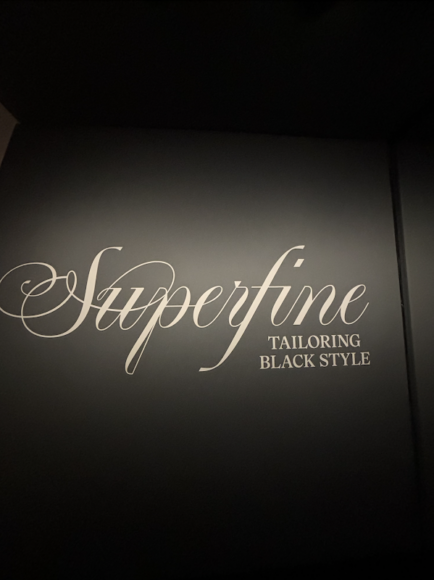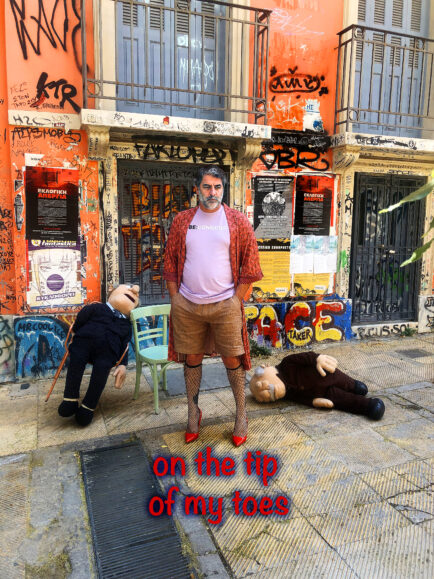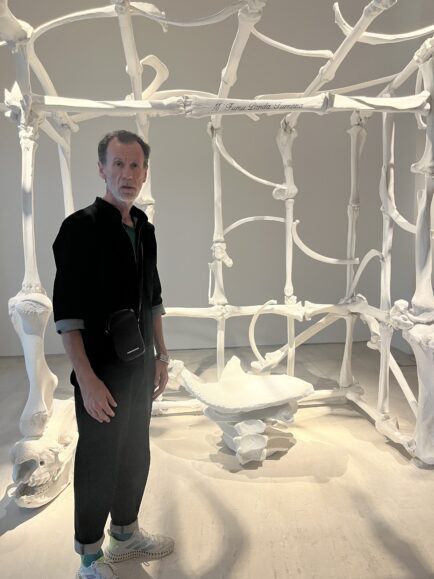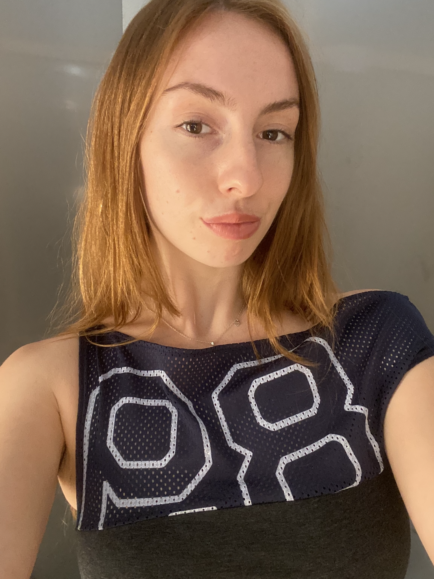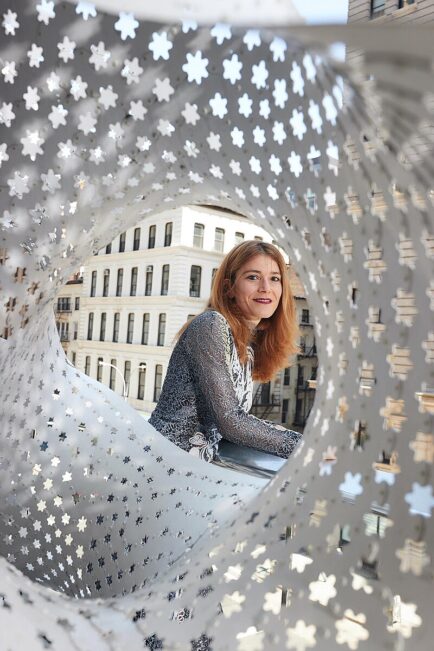The European Parliament has been awarding the Sakharof Prize for Freedom of Thought to individuals and organisations that have made an exceptional contribution to the fight for human rights.
To indicate the 30th anniversary of the prize , the European Parliament ,together with Magnum Photos , present a new documentary project that profiles four human right activists from around the world .
The Democratic Opposition in Venezuela was announced and won this year’s Sakharov Prize laureate , more specifically Julio Borges and Antonio Ledezma.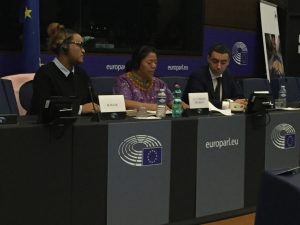 One of the finalists who didn’t take prize but she drew my attention was Aura Lolita Chanez Ixcaquic , a human rights defender from Guatemala .She is a member of Ki’che’ Peoples (CPK) ,an organisation that fights to protect natural recources against multinational corporations that try to expand mining,logging,hydroelectric and agro-industry sectors in their ancestor’s land.
One of the finalists who didn’t take prize but she drew my attention was Aura Lolita Chanez Ixcaquic , a human rights defender from Guatemala .She is a member of Ki’che’ Peoples (CPK) ,an organisation that fights to protect natural recources against multinational corporations that try to expand mining,logging,hydroelectric and agro-industry sectors in their ancestor’s land.
She also referred that many times has subjected to threads for her life.
Some words for Jerome Sessini, the photographer who is used to the highest-pressure situations in war zones like Syria , Ukraine Libya’suprising and so many . Emphasizing to his words “it’s difficult to depict political violence”.
In front of pictures of Enri Canaj , the photographer that one could say that much.
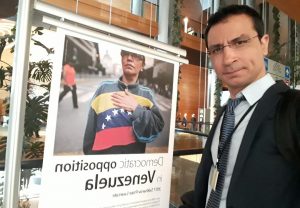 Iasonas Pipinis is a Greek Peruvian journalist with a postgraduate degree in the Latin-American studies of Madrid’s Complutence University in Spain. It’s highly appreciated by ethicalode.com to host his judge, why the European Parliament chose to award the Venezuelan Opposition with the Sakharov Prize .
Iasonas Pipinis is a Greek Peruvian journalist with a postgraduate degree in the Latin-American studies of Madrid’s Complutence University in Spain. It’s highly appreciated by ethicalode.com to host his judge, why the European Parliament chose to award the Venezuelan Opposition with the Sakharov Prize .
Antonio Ledezma has a dialoque with Iasonas Pipinis
Iasonas Pipinis : This year, the European Parliament chose the “Venezuelan Democratic Opposition” to award the Sakharov Prize for Freedom of Thought.It was the proper time to highlight the human rights violations by the regime of Nicola Maduro . The prize could be personalized to the opposition officials attending the ceremony, but in fact the prize is awarded to the unnamed Venezuelan citizen , who is struggling to return the country to democratic normality.We shouldn’t forget that more than 130 people were murdered last summer during the anti-government demonstrations in Venezuela. I strongly believe that the rationale for MEPs, many of whom disagreed with this option,to award the Venezuelan Democratic Opposition, was to highlight the great crisis in Venezuela and the violation of democratic principles by the government. I had a discussion with Antonio Lemezma, who was a political prisoner of the regime, and a few weeks ago he managed to escape and leave Venezuela, pointed out the need for the European Union to impose stricter sanctions on the Maduro government in Venezuela, which the US and Canada have already done.Regardless of the view that one can have about the situation in Venezuela, I think everyone agrees that Venezuela is going through a major crisis that is not only political and economic but also humanitarian. At present, millions of people in Venezuela suffer from a shortage of food and medicines, and the government does not allow the European Union to send humanitarian aid . Possibly, the opposition has a share of responsibility for the situation in which the country has been led, but Nicholas Maduro currently holds the solution.The European Union has repeatedly called for the release of political prisoners and to hold a clear electoral timetable. However, what is important at the moment is to be send humanitarian aid to Venezuela, and I appreciate the need for the international community to work without certainly excluding Greece’s contribution.

